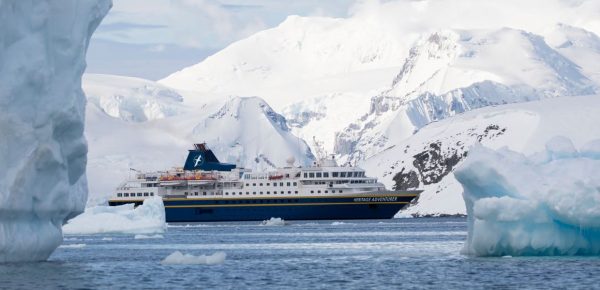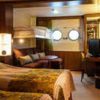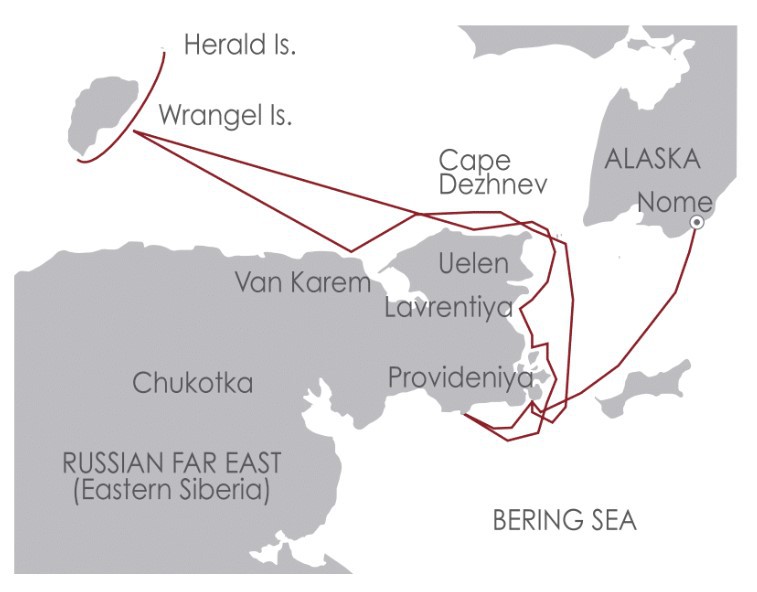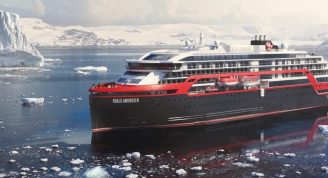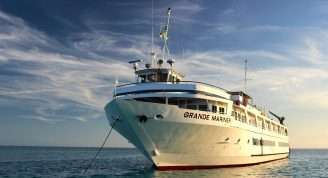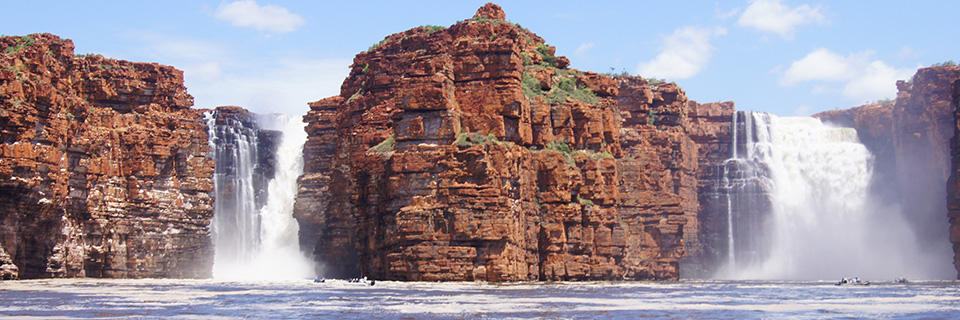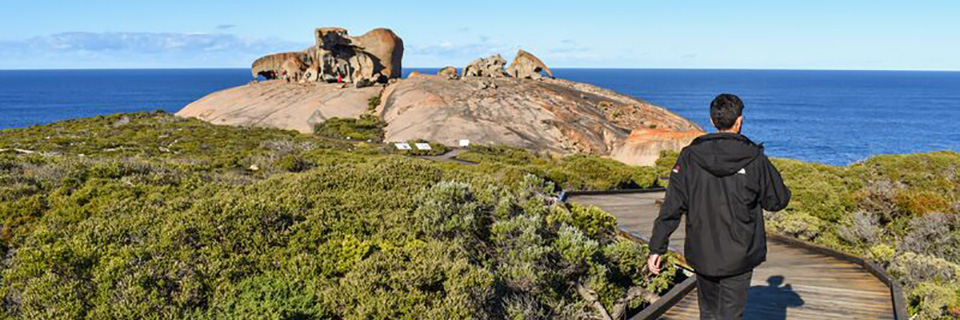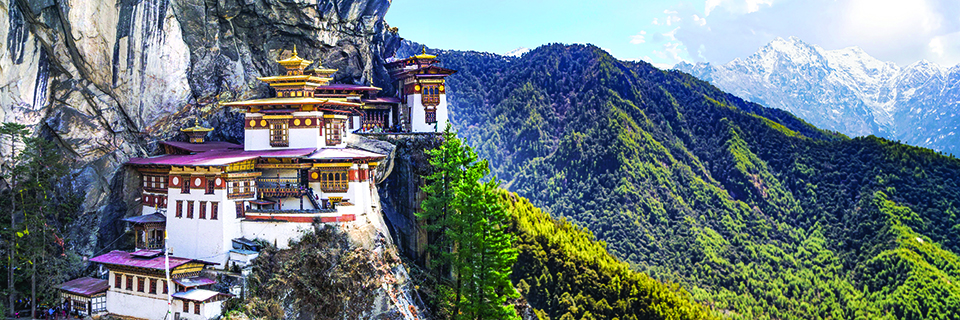Description
From rambling Polar Bears to pods of feeding whales, massive walrus populations, towering bird cliffs and sweeping tundra landscapes, Chukotka’s coastline and Wrangel Island are a treasure trove of biodiversity. Also rich in history and culture, Chukotka is one of 83 regions which make up the Russian Federation and covers a vast area of North East Russia the size of England and France combined, and slightly larger than the state of Texas, yet is home to less than 50,000 people, the majority of which live in the towns. The indigenous people include Chukchi, Inuit, Even, Koryak, Chuvan and Yukaghir, while its non-native inhabitants are predominately Russian.
During this voyage we plan to fuse this history and culture with unforgettable Polar Bear and marine mammal encounters as we explore the pack ice from our ship and fleet of Zodiacs. This is a rare opportunity to experience, in depth, one of the last great undiscovered wilderness areas in the world which spends up to 10 months a year protected by ice.
North of Chukotka, where the Chukchi Sea meets the Arctic Ocean, is nature reserve and World Heritage site Wrangel Island, which has outstanding wildlife values. Sometimes referred to as ‘The World’s Polar Bear Maternity Ward’, because of the high density of denning Polar Bears, it is an island that never disappoints those keen on natural and Arctic history. As the ice retreats each summer (further and faster than ever before) Polar Bears come ashore and we see good numbers of these, likewise walrus find refuge here each summer normally in large numbers. Birds like Snow Geese and Snowy Owls also breed here in good numbers. And of course, Wrangel Island is central to the story of the wreck of the Karluk and other Arctic exploration stories.
The ‘mammoth steppe’ vegetation complex, a rich and diverse relic from the Pleistocene epoch nurtures over 400 plant species and never fails to astound visitors with its sublime beauty. The number and type of endemic plant species, the diversity within plant communities, the presence of relatively recent mammoth tusks and skulls, a range of terrain types and geological formations in the small geographical space are all visible evidence of Wrangel’s rich natural history and its unique evolutionary status within the Arctic.
On this special Chukotka expedition we will meet the locals, hear their stories and discover the region’s rich Arctic history. We may also have the opportunity to experience thrilling cultural exchanges at their spirited annual Beringia Regatta and Festival.
We will spend our time looking for, and observing, Chukotka and Wrangel Island’s abundant wildlife – specifically Polar Bears, walrus, seals, whales and birds. On land we will explore the expansive tundra with its wild flowers and dwarf tree species and we will watch for brown bears, reindeer, Arctic Foxes, ground squirrels and, if we are lucky, we may also see a Wolverine during this authentic, high Arctic expedition adventure.


